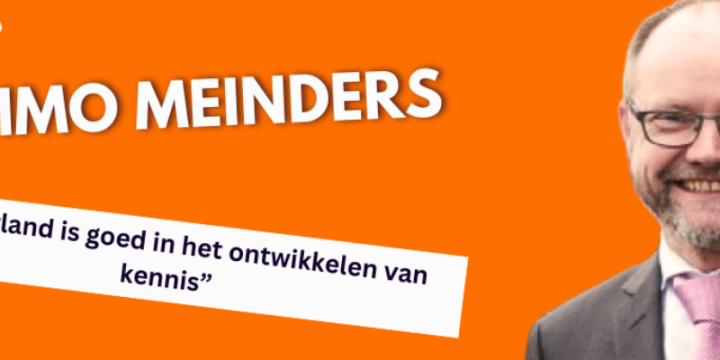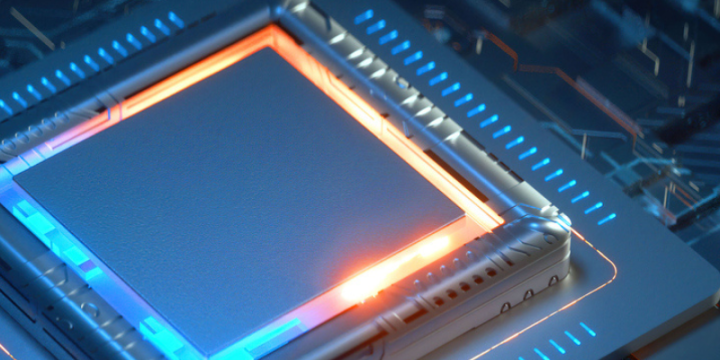‘The border region of the Netherlands, Germany and Belgium is the place for the Einstein Telescope and we will do our utmost to bring it here’. Minister Beljaarts (Economic Affairs) made this agreement with his colleagues from North Rhine-Westphalia, Wallonia and Flanders during a joint visit to the Euregio Meuse-Rhine. This region competes with other countries for this largest scientific construction project for the border region of the Netherlands, Belgium and Germany.
The Einstein Telescope (ET) is an underground detector that detects gravitational waves. The project offers the 3 countries the unique opportunity to take a global leadership position in a new groundbreaking scientific field: gravitational wave research. The development of the telescope also requires a lot of new knowledge and this stimulates technological innovations and business in the region.
National priority
Countries in several places in Europe are working on a good proposal to be allowed to build the Einstein Telescope. Governments in the Netherlands, Belgium and Germany are in the race, and Italy and the German state of Saxony are also preparing a bid. The Netherlands has a reserve of €870 million from the National Growth Fund ready for the construction of the telescope. The Flemish Government, Germany and European partners are also reserving money for the construction. Because the telescope is positive for the Dutch earning capacity in the long term, the project previously received €42 million from the Growth Fund.
Based on research, it is expected that every euro for the Einstein Telescope will be earned back 3 to 4 times and that the telescope will directly and indirectly create approximately 2,000 jobs. Not only for scientists, but also for practically trained technicians, for example. To emphasise how important the telescope is for the economy, science and society, the cabinet declared the acquisition of the telescope a national priority last November.
During the joint visit, Minister Dirk Beljaarts, Minister Mona Neubauer (Economic Affairs, Industry, Climate Protection and Energy of North Rhine-Westphalia), Vice President and Minister Pierre-Yves Jeholet (Economic Affairs, Industry and Employment of Wallonia), Minister-President of Flanders Matthias Diependaele (also responsible for Economy, Innovation and Industry, Foreign Affairs, Digitalisation and Facility Management) and the Belgian ambassador Anick Van Calster emphasised the importance of the Einstein Telescope for the region.
What is the Einstein Telescope?
The Einstein Telescope is not a ‘normal’ telescope. It is an underground triangle of large tubes, in which laser beams are fired and then reflected by mirrors. By measuring these beams very precisely, you can detect gravitational waves from space. This allows scientists to learn new things about our universe and test Einstein’s theory of relativity for the first time. In addition, it brings technological and innovative activity to the region. The Netherlands, Belgium and Germany are jointly investigating whether they can house this world-class observatory. The border region of these three countries is an ideal location for this, due to the peace, the stable soil and the strong ecosystem of knowledge institutions and high-tech companies. Various affiliated European countries are expected to decide in mid-2027 where the telescope may be built.





